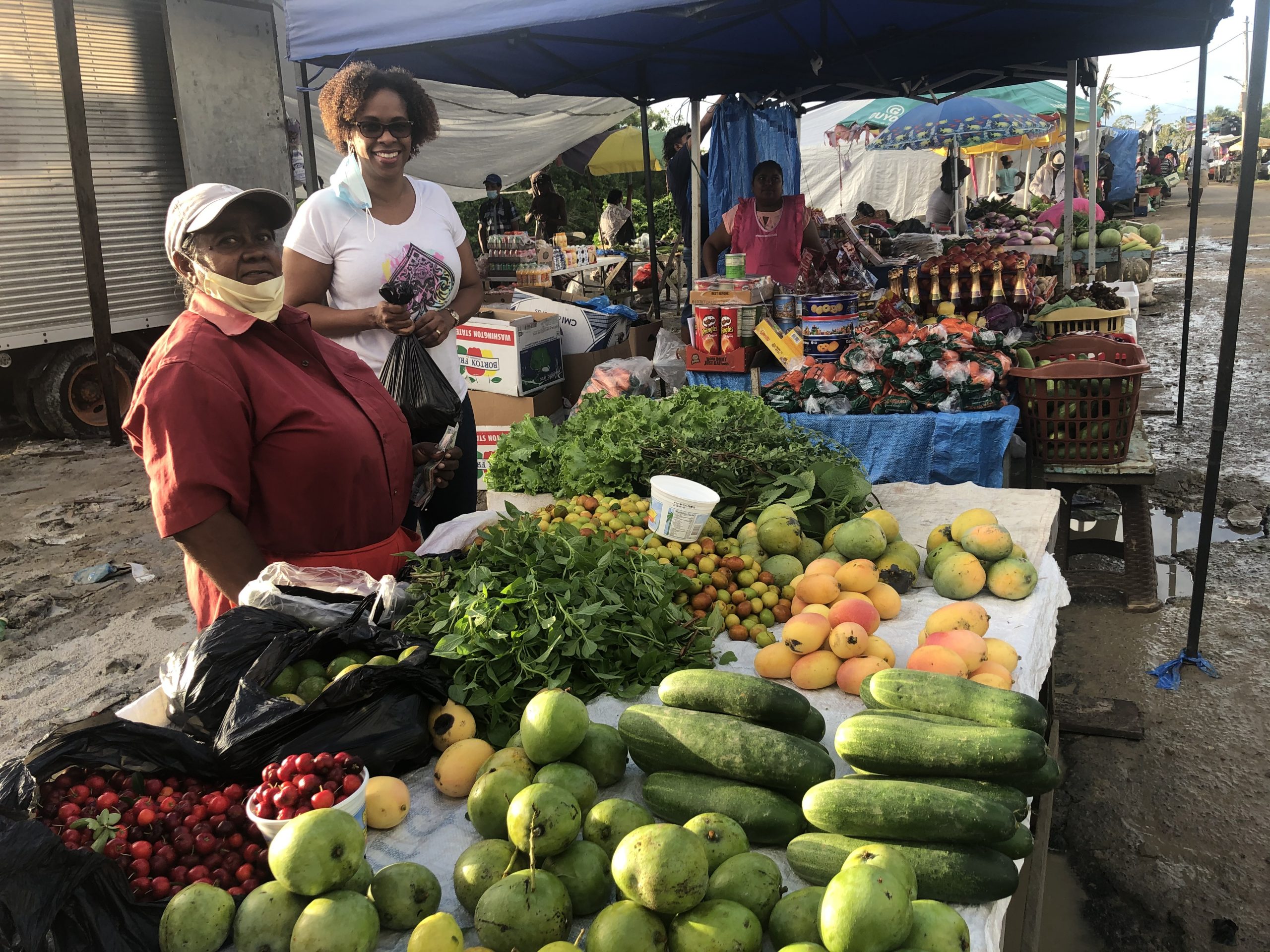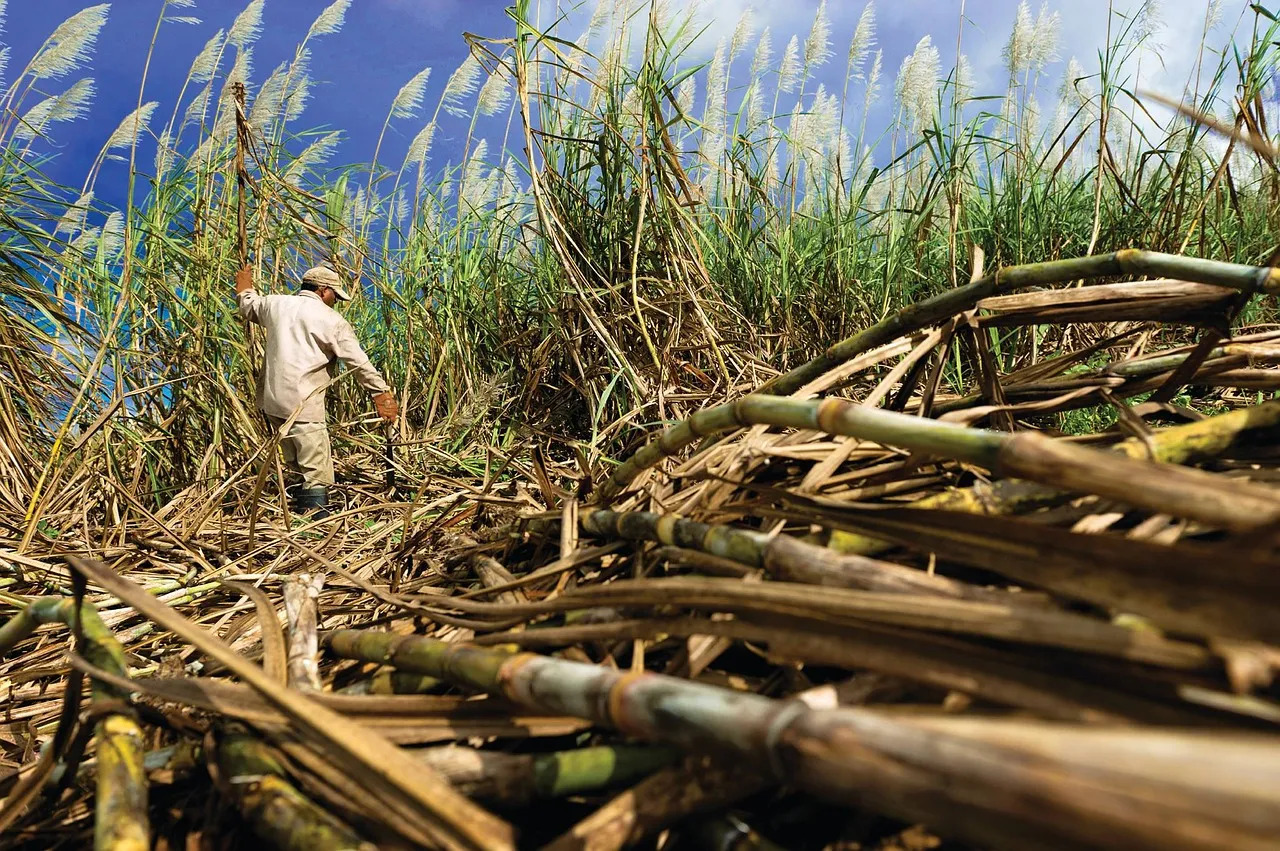Some 12,000 farmers from marginalised groups in Guyana, Dominica, Jamaica, St. Lucia and Suriname will benefit from a five-year sustainable agricultural project that aims to provide training to these farmers and introduce them to climate-smart practices and technologies.
This project, dubbed Sustainable Agriculture in the Caribbean (SAC), is implemented by World University Service of Canada (WUSC) with $20 million Canadian dollars funding from the Government of Canada through Global Affairs Canada (GAC).
According to Munish Persaud, the Deputy Project Director of WUSC- Caribbean, up to 25 agricultural markets across the five countries will be engaged and local organisations will benefit from capacity building sessions.
Importantly, however, part of the project’s success will be measured by the ability of marginalised women and youth (both male and female) to participate in the agricultural sectors; that is, the ability of these groups to share their perspectives, access agricultural support services and produce agricultural products in a conducive environment.
“…In this project, we are going to pursue the enhanced equitable economic prosperity first by ensuring that the perspectives of women and youth are informing the actions that we are going to be taking,” Persaud said during a virtual launch of the project on Tuesday.
He also said: “…. while many people are already focused on the issues of women and youth, we have to get all of us to think collectively about how it is not just going to be about actual material benefits but agency issues.”
While responding to questions from the News Room, he later explained that the project’s intention is to integrate all of the agricultural stakeholders specifically, women, youth and marginalised men.
In so doing, the responsive agencies would be able to identify the specific barriers to the effective participation of these groups and what needs should be addressed.
According to a press release from WUCS, this approach of integrating the stakeholders will help to increase productivity and profitability in the agricultural sector, mitigate the impacts of climate change, reduce the region’s vulnerability to natural disasters, and foster climate-resilient agricultural markets that offer increased equitable, inclusive and sustainable economic benefits for women and youth.
And, Persaud noted that the effects of climate change and the introduction of innovative technologies to boost agricultural output are two important considerations that the project will engage the farmers and other stakeholders on.
In fact, Persaud said that the group has found that the more marginalised farmers in Guyana- including the targeted women, youth and some men- usually operate in areas that are more prone to flooding, which is worsened by the effects of climate change.
As such, the project will enable the farmers, government agencies and the private sectors to understand the magnitude of the challenges faced but also, what measures are needed to mitigate the devastating impact of natural disasters on the vulnerable farmers.
Persaud also explained that there may be some hesitancy with introducing new technologies to boost agricultural production.
As such, the project will allow all stakeholders to determine whether such technologies are financially viable for the small producers and how the farmers can be trained in adopting these.
While providing brief remarks, the High Commissioner of Canada to Guyana Mark Berman emphasised that the agricultural sector is vulnerable to climate change and as such, such efforts are important to bolster climate and economic resistance.












